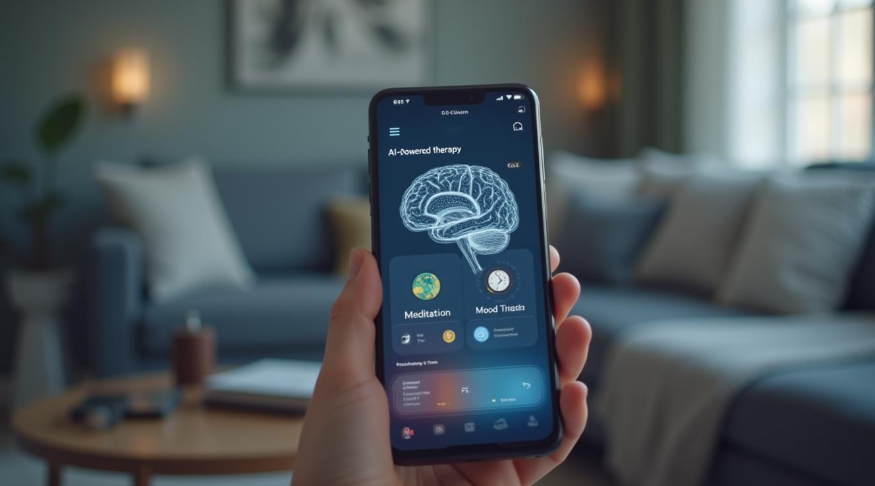Redefining Mental Health Care in the Digital Age
In recent years, the landscape of mental health care has undergone a major transformation, thanks to the rapid adoption of teletherapy. This mode of delivering psychological services remotely through digital platforms has become increasingly popular, especially after the COVID-19 pandemic forced the world to embrace virtual solutions. Teletherapy offers a modern, convenient, and often more accessible alternative to traditional in-person therapy.
What is Teletherapy?
Teletherapy, also known as online therapy or virtual therapy, is the practice of delivering mental health counseling and psychotherapy services using video conferencing, phone calls, or even text-based communication. Licensed mental health professionals use secure and HIPAA-compliant platforms to interact with clients, providing similar support and treatment as they would in a physical office setting.
See also: Finding the Best Dentist in Plymouth: Your Guide to a Healthier Smile
Benefits of Teletherapy
One of the most significant advantages of teletherapy is accessibility. Individuals in remote or underserved areas can now receive therapy without having to travel long distances. It also allows for greater flexibility in scheduling, making it easier for people with busy lifestyles to prioritize their mental health.
Teletherapy also reduces the stigma that some individuals may feel when attending therapy in person. For many, the ability to seek help from the comfort and privacy of their own homes removes a significant barrier to treatment.
Cost-effectiveness is another benefit. Teletherapy often has lower overhead costs for therapists, which can translate to more affordable services for clients.
Challenges and Limitations
Despite its advantages, teletherapy has its challenges. Technological barriers such as poor internet connectivity, lack of digital literacy, or access to devices can hinder participation. Additionally, some therapeutic methods that rely heavily on non-verbal cues or physical presence may not translate effectively to a virtual setting.
Privacy is another concern. Clients must ensure they have a private, distraction-free environment during sessions, which is not always feasible in crowded or shared living situations.
Is Teletherapy Effective?
Numerous studies have shown that teletherapy is just as effective as in-person therapy for a wide range of mental health conditions, including anxiety, depression, PTSD, and relationship issues. The key is the quality of the therapeutic relationship, which can still be developed and maintained online.
Conclusion
Teletherapy represents a paradigm shift in the delivery of mental health services. While it’s not without its limitations, the accessibility, flexibility, and effectiveness of virtual therapy make it a vital part of modern healthcare. As technology continues to advance, teletherapy is poised to become even more integral to how we approach mental wellness.






